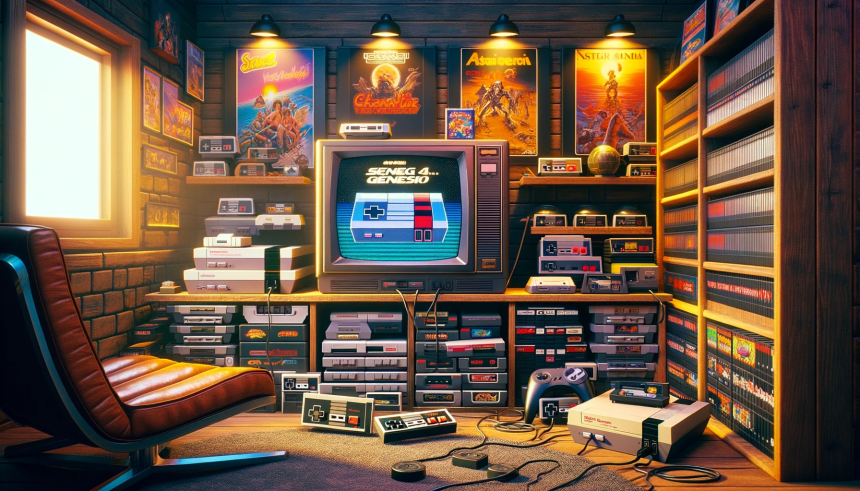Players seeking the blend of deduction and the occult are set to find new intrigue with the upcoming release of Strange Antiquities. This puzzle adventure, developed by Bad Viking, opens its doors for digital shopkeeping in September, offering a fresh take on the mysteries of Undermere. Unlike its predecessor Strange Horticulture, this title shifts focus from botanical choices to the curation and investigation of enigmatic artifacts, promising a different perspective for fans of the series and newcomers. Combining aspects of investigative work with shop management, the game aims to immerse players in an atmospheric, rain-soaked world where each customer and object brings potential for narrative depth. This approach can appeal to those who enjoyed similar deduction titles in recent years, albeit with a new thematic direction.
When Strange Horticulture arrived in 2022, it invited players to balance plant identification with a narrative marked by darker themes and player-driven consequences. Subsequent titles in the genre, like Do No Harm, have built on this formula, but the addition of multisensory investigation tools and wider exploration in Strange Antiquities marks a notable change in scope. Prior news mainly emphasized story direction and mood but recent announcements place greater focus on detailed gameplay mechanics and methods of investigation. With Stronged Antiquities, there is a shift toward more hands-on examination of objects and a broader role for player agency.
How Does Strange Antiquities Expand Gameplay Features?
The transition from Strange Horticulture’s plant-based puzzles to artifact analysis introduces expanded mechanics for object identification. Interaction with relics now includes weighing, tactile examination, olfactory assessment, and auditory clues, offering players a more immersive range of investigative tools. The map of Undermere, now more detailed, supports direct player exploration beyond the shop, inviting the discovery of new items and lore from different locations.
What Are Developer Bad Viking’s Intentions for the Experience?
Bad Viking, the studio behind both games, outlined its goals in a recent statement. The developers emphasized an investigative atmosphere and player independence, stating,
“With Strange Antiquities, we wanted to make a game in which players feel like real investigators of the occult, poring over manuscripts and reference materials by candlelight while the rain beats down outside.”
They further noted the desire to give players the tools to draw their own conclusions, sharing,
“We’ve made a game that trusts you to piece things together for yourselves—to delve into the details, to follow the breadcrumbs, and to notice what matters.”
How Does the Sequel Engage with the Broader Genre?
The success of Strange Horticulture spurred similar releases, encouraging more atmospheric deduction games to enter the market. Strange Antiquities seeks to differentiate itself through both its setting and its hands-on mechanics. By allowing players more freedom to explore Undermere and interact with a variety of artifacts in depth, it underscores its position within a genre that continues to evolve around multi-layered puzzles and branching narratives.
The release of Strange Antiquities on September 17 positions it as a significant addition for players drawn to occult mysteries and narrative-driven puzzle games. While Strange Horticulture set the foundation with unique plant-based dilemmas and branching outcomes, the sequel’s expanded investigative options and exploration are positioned to offer a meaningfully different experience. Players interested in games involving detailed observation, hands-on deduction, and story-driven challenges may find Strange Antiquities a compelling entry in the genre. Upcoming coverage of community feedback and gameplay will help clarify its long-term appeal and standing among narrative puzzle titles.










